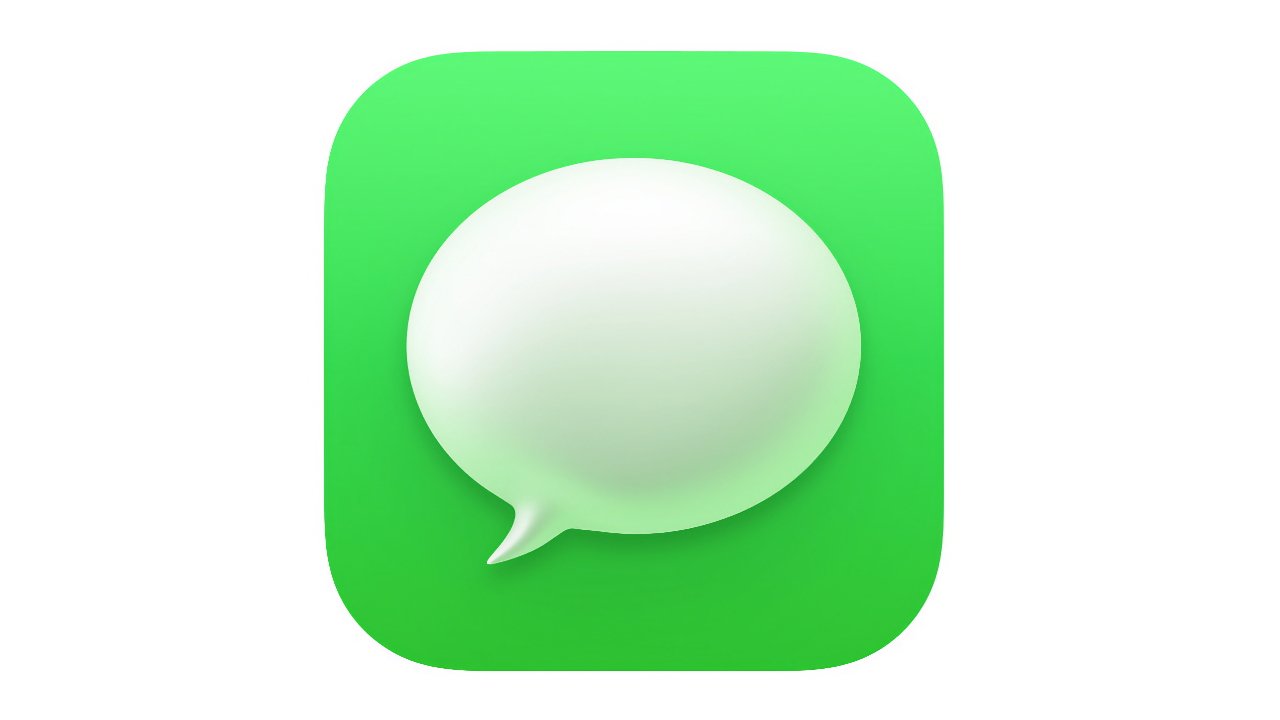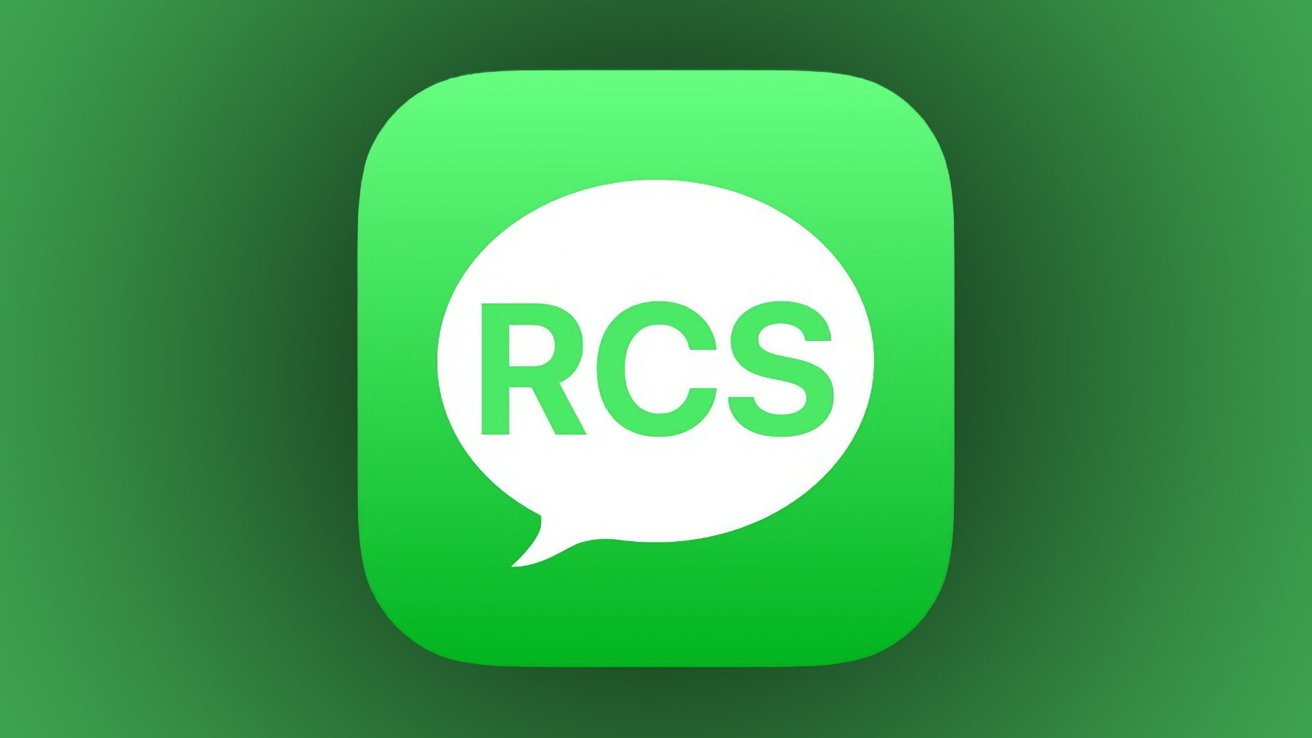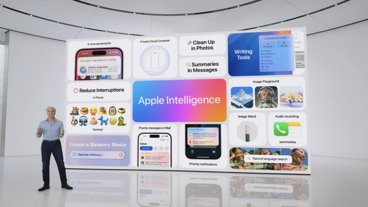The European Union has accepted Apple's argument that iMessage isn't used enough to require that it be interoperable with third-party messaging services.
In 2022, the EU passed its Digital Markets Act, which sets certain constraints on what it defines as "gatekeeper" keeper services. These included App Store and also messaging services, and initially Apple confirmed that its iMessage qualified for the EU's definition.
Apple later walked that back, however, and argued that iMessage specifically in Europe was too little used to meet the EU's threshold for gatekeeper status. In September 2023, both Apple's iMessage and Microsoft's Bing were given a reprieve while the firms' arguments were heard.
Now the EU has announced that it has closed the investigation into both of these services.
"In its decision of 5 September 2023," says the European Commission's daily news report, "the Commission considered that the rebuttal requests made by Apple and Microsoft deserved an in-depth analysis."
"Following a thorough assessment of all arguments, taking into account input by relevant stakeholders, and after hearing the Digital Markets Advisory Committee," it continues, "the Commission found that iMessage, Bing, Edge and Microsoft Advertising do not qualify as gatekeeper services."
Consequently, the Digital Markets Act does not apple to iMessage. That means it will not be required to allow users of third-party messaging rives to exchange messages, send files or make video calls across different apps.
Instead, iMessage can continue to run exclusively on Apple devices, and retain its sometimes divisive blue and green text bubbles.
The EU's new ruling is unlikely, however, to change the fact that Apple has now announced its iMessage will support RCS later in 2024. RCS is a standard messaging protocol that Google has repeatedly pressed Apple to adopt.
The European Union's position
The EU had initially established that iMessage, and the other services, had "met the quantitative thresholds" as defined in the Digital Markets Act. However, it says that Apple's "rebuttal arguments" gave an explanation for "why despite meeting the quantitative thresholds, these four core platform services should not, in their view, qualify as gateways."
As yet the European Commission has not detailed those rebuttal arguments regarding iMessage. It says that "non-confidential versions of the decisions" will be published.
"The Commission will continue to monitor the developments on the market with respect to these services, should any substantial changes arise," it continues. "The decisions do not affect in any way the designation of Apple and Microsoft as gatekeepers on 5 September 2023 as regards their other core platform services."
Those other core platform services include the App Store, where Apple has ultimately been unsuccessful in arguing against the EU's ruling.
In that case, Apple's argument centred on a claim that it does not operate one App Store that qualifies as a gatekeeper, it instead runs five separate ones that do not. Those separate stores were for the iPhone, iPad, Mac, Apple TV, and Apple Watch, which were all live at the time of the EU's original ruling.
Apple had already announced a sixth store for the Apple Vision Pro, but it didn't go live until the headset was launched.
 William Gallagher
William Gallagher








-m.jpg)






 Malcolm Owen
Malcolm Owen

 Andrew Orr
Andrew Orr



 Wesley Hilliard
Wesley Hilliard




-m.jpg)




22 Comments
Nice to see a sign of fair due process working in the EU.
Even a broken clock is correct twice a day.
Good news for google I guess…
Apple and Google adopting the (improved) future RCS standard will be great news for everyone, since it will improve security when Apple and Android devices “talk” as well as bringing media sharing up to par across platforms and apps. Hopefully WhatsApp and others will adopt it as well, as seems likely.